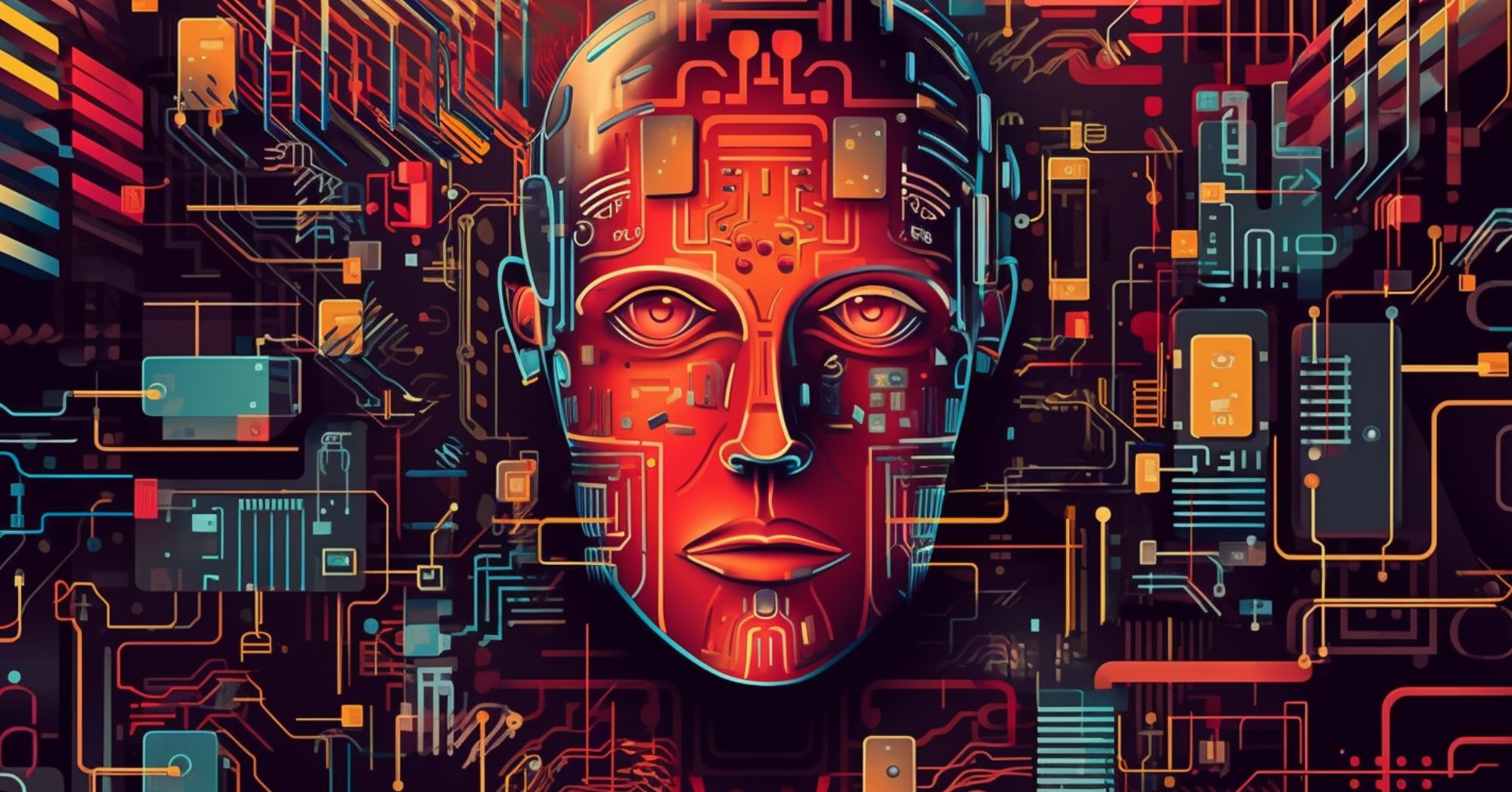
What AI Can’t Do (Yet) and Why That Matters
Artificial Intelligence has made incredible strides in recent years, transforming the way we live, work, and connect. From chatbots that hold conversations to algorithms that diagnose diseases, AI seems to be edging closer to human-like abilities every day. Yet, amidst this whirlwind of innovation, there are still certain qualities and skills that AI can’t quite replicate—at least, not yet. Understanding these gaps isn’t just a matter of technical curiosity; it’s essential for recognizing what makes us uniquely human and why our roles remain irreplaceable in a world of ever-advancing machines. So, let’s embark on a cheerful exploration of what AI still can’t do and why that matters so much.
One of the most enchanting aspects of human intelligence is our ability to understand and navigate complex emotions and social nuances. While AI can recognize patterns in data and even mimic some emotional responses, it lacks genuine empathy and the intuitive grasp of feelings that humans possess. For instance, a compassionate conversation often hinges on reading subtle cues—tone of voice, facial expressions, body language—that AI still struggles to interpret with true accuracy. That means, no matter how clever it gets, AI is still somewhat tone-deaf when it comes to the rich tapestry of human emotion, which is often what makes our interactions meaningful.
Another major limitation is AI’s current inability to think creatively in the true sense of the word. Creativity involves generating novel ideas, connecting seemingly unrelated concepts, and sometimes, embracing a bit of chaos to spark innovation. While AI can produce art or music based on learned patterns, it doesn’t possess the spontaneous inspiration or the cultural and emotional context that fuels human creativity. It’s like having a talented apprentice—impressive, but still reliant on the guidance of a human master to truly push boundaries. That spark of original thought, the “aha!” moment, remains largely a human domain for now.
Finally, AI lacks the deep understanding of context that humans use effortlessly. We interpret situations based on a lifetime of experiences, cultural background, and common sense—elements that are difficult to encode into algorithms. For example, AI might excel at answering questions based on data, but it often falters when faced with ambiguity or situations requiring nuanced judgment. This fundamental gap means AI can’t fully grasp the intricacies of our world or anticipate the subtle implications behind human decisions, leaving a vital space for human intuition and wisdom.
===Why These Gaps Make Humans Truly Irreplaceable===
Despite AI’s remarkable progress, the things it can’t do yet highlight the irreplaceable qualities humans bring to the table. Our capacity for genuine empathy fosters connections that go beyond words, creating trust and understanding in personal and professional relationships. Whether comforting a friend or negotiating a delicate deal, it’s our emotional intelligence that guides us—something AI can’t genuinely replicate or replace. This human touch is vital in fields like healthcare, education, and leadership, where understanding and responding to human feelings is essential.
Moreover, the creative and intuitive aspects of human thought breathe life into innovation and culture. Human creativity fuels art, music, literature, and scientific breakthroughs by blending imagination with lived experience. Our ability to think outside the box, embrace chaos, and draw on a rich tapestry of cultural influences results in ideas that AI can’t generate on its own. This originality and cultural awareness form the heart of human progress, ensuring that our societies remain vibrant and ever-evolving, even as machines handle routine tasks.
Lastly, our deep understanding of context and common sense is what allows us to navigate a complex, often unpredictable world. Humans excel at making judgments based on limited information, weighing moral considerations, and adapting quickly to new situations. This adaptive wisdom ensures that we can handle nuances and moral dilemmas that AI, with its reliance on data patterns, struggles to comprehend. These qualities reinforce why humans remain essential—our ability to think critically, feel deeply, and understand intricacies keeps us central in shaping a future where technology serves humanity, not replaces it.
===OUTRO:===
As impressive as AI is today, it’s clear that the human touch remains a vital, irreplaceable force. Our emotional intelligence, creativity, and nuanced understanding of the world ensure that we continue to lead, innovate, and connect in ways that no machine can mimic. Recognizing what AI still can’t do isn’t a reason to fear the future—it’s a reminder of the unique qualities that make us human. By embracing these differences, we can build a partnership with technology that amplifies our strengths and honors what truly makes us special. After all, the magic of being human is something no AI can quite master—and perhaps, that’s what makes it so beautiful.